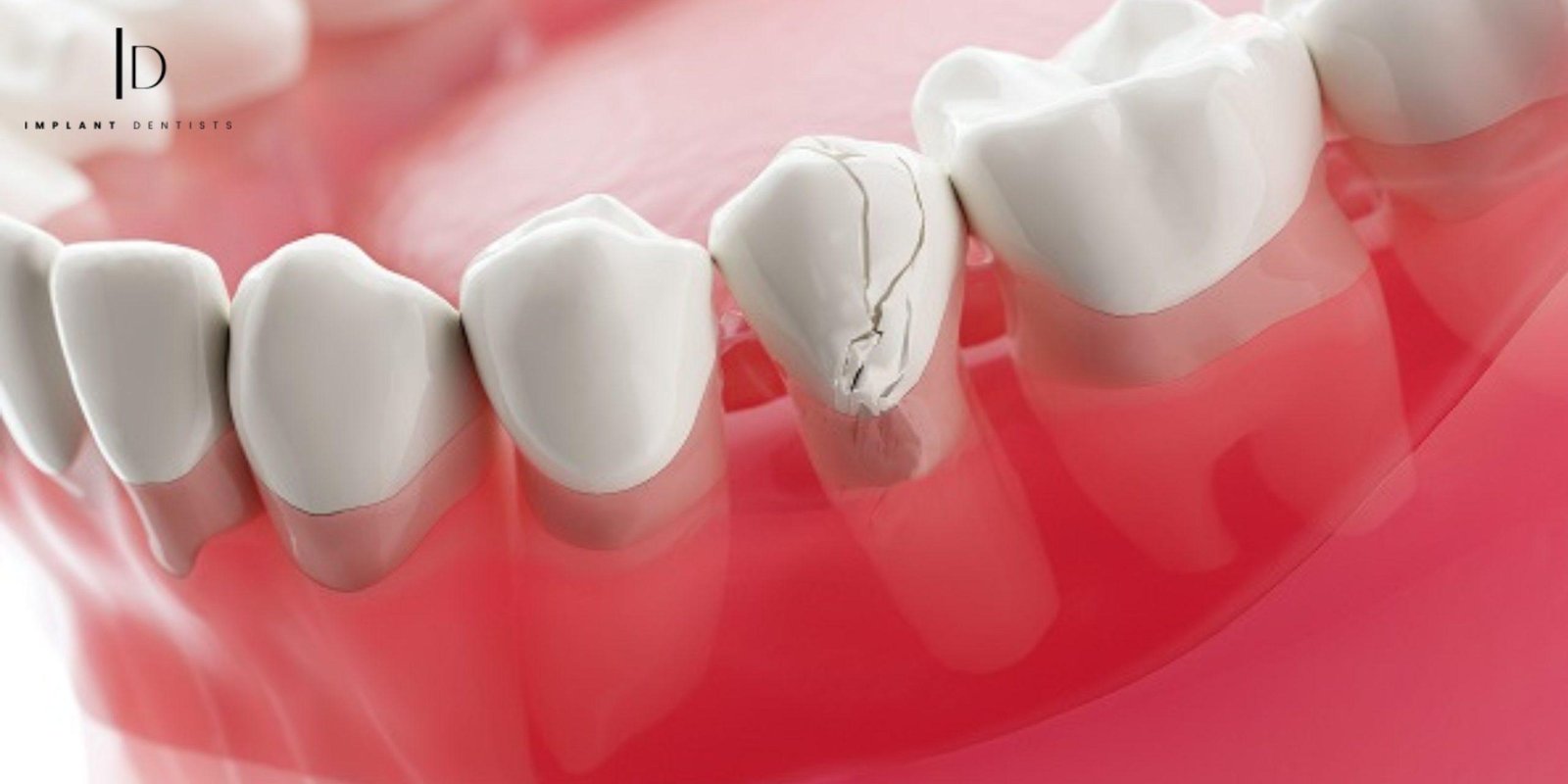Tag: denture specialists

The Complete Guide to Repairing Broken Teeth| Causes, Types, and Treatment Options
February 16, 2024
How to Find the Right Denture Specialists for Your Needs
July 31, 2023When it comes to oral health and regaining a confident smile, dentures play a crucial role for individuals with missing teeth. Finding the right denture specialist is vital to ensure that you receive top-notch care and personalised solutions for your unique needs. With a multitude of dental professionals out there, the process might seem overwhelming. However, by following these practical steps, you can find the perfect denture specialist to restore your smile and oral health.
Research Local Denture Specialists
Start your search by looking for denture specialists in your local area. Seek recommendations from friends, family members, or colleagues who have had successful denture treatments. Online reviews and testimonials can also provide valuable insights into the experiences of previous patients. Create a shortlist of potential denture specialists based on your research.
Check Qualifications and Experience
When it comes to dental health, qualifications and experience matter. Look for denture specialists who are licensed and certified by relevant dental authorities. Verify their educational background and check if they have pursued advanced training in prosthodontics or denture-specific treatments. A dentist with years of experience in crafting dentures will likely have honed their skills, giving you added confidence in their abilities.
Evaluate Specialization in Dentures
Dentistry is a diverse field, and not every dentist specialises in dentures. Focus on denture specialists who primarily deal with prosthodontics, as they possess the expertise required to design, fabricate, and fit dentures effectively. Choosing a dentist who specialises in dentures ensures you are working with someone who understands the intricacies of the process, increasing the likelihood of a successful outcome.
Technology and Techniques
The dental industry is continually evolving with advancements in technology and treatment techniques. Look for denture specialists who invest in modern dental equipment and stay up-to-date with the latest practices. Advanced technology can lead to more accurate and comfortable denture fittings, enhancing your overall experience.
Consultation and Communication
Before committing to any treatment, schedule a consultation with your shortlisted denture specialists. During the consultation, observe how they communicate and listen to your concerns. A great dentist will take the time to understand your needs and explain the treatment process in a clear and compassionate manner. They should also be open to answering any questions you have about the procedure.
Review Before and After Photos
Ask the denture specialists to provide before and after photos of their previous patients. This will give you a visual representation of their work and help you gauge the quality of their dentures. A skilled denture specialist will have a portfolio of satisfied patients and showcase their ability to create natural-looking smiles.
Consider Cost and Insurance Coverage
Denture treatments can vary in cost, depending on the complexity of the case and the materials used. While it’s essential to consider your budget, prioritise the quality of care over the price. If you have dental insurance, check if the denture specialist is a part of your network to maximise your benefits.
Conclusion
Choosing the right denture specialist is a crucial step towards improving your oral health and enhancing your quality of life. Take the time to research, evaluate qualifications, and communicate with potential denture specialists before making your decision. Remember, a qualified and experienced denture specialist will not only provide you with a beautiful smile but also ensure that your dentures fit comfortably and function effectively. With the right specialist by your side, you can regain your confidence and enjoy the benefits of a healthy, radiant smile once again.
